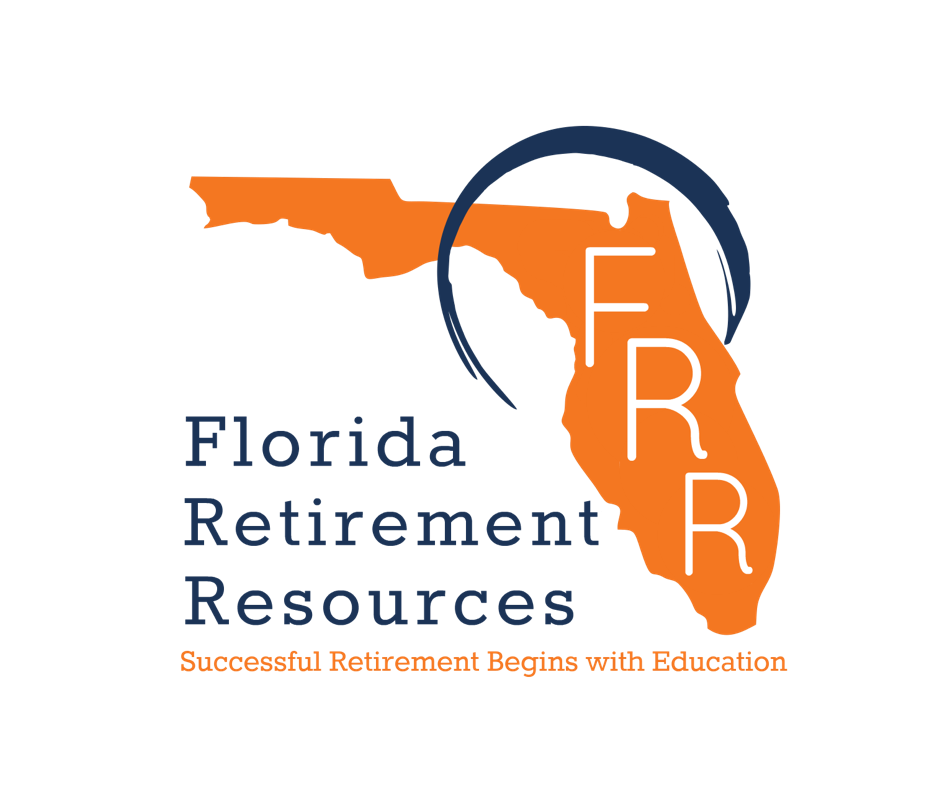Important Considerations Before Making a Lump Sum Withdrawal For members of the Florida Retirement...
5 Things to Consider Before FRS Retirement
Retirement is a major life decision, especially for Florida Retirement System (FRS) members who often retire earlier than other professionals. While FRS benefits are strong, there are several critical areas where improper planning can lead to holes in your retirement plan, potentially decreased income, and other avoidable pitfalls. Here are five common mistakes FRS employees make—and how you can avoid them.
1. Misunderstanding the Pension vs. Investment Plan Options
One of the most important decisions for FRS members is choosing between the Pension Plan and the Investment Plan. The Pension Plan offers a lifetime monthly income based on years of service and average final compensation, while the Investment Plan offers more control and portability but requires investment management and carries market risk. Making this choice without a clear understanding of how each fits into your overall retirement goals could lead to unexpected outcomes.
2. Overlooking the Nuances of DROP (Deferred Retirement Option Program)
DROP can be a powerful tool, allowing you to "retire" on paper while continuing to earn a salary and accrue retirement benefits in a separate account. But DROP is time-sensitive—when you enter, how long you stay, and what you do with the funds after you exit can have major financial and tax implications. Many members miss opportunities simply because they didn’t plan far enough in advance.
3. Underestimating Healthcare Costs in Retirement
Healthcare becomes a growing expense in retirement, especially for those retiring at younger ages. While FRS retirees may receive a modest monthly Health Insurance Subsidy (HIS), it rarely covers the full cost of premiums, deductibles, or long-term care. Evaluating supplemental insurance and understanding how to bridge coverage before Medicare eligibility is an important step.
4. Choosing the Wrong Pension Option for Your Family Situation
Many members default to Pension Option 3 for its built-in survivor benefit. However, it’s important to compare this to Option 1 paired with personally owned life insurance. In some cases, self-insuring can offer lower costs, and more flexible coverage—especially if your spouse predeceases you. It may not be the appropriate fit for everyone, but it’s worth comparing the numbers before selecting a lifetime reduction to your benefit.
5. Not Getting a Second Opinion on Your Retirement Plan
Even if you’ve reviewed your FRS options, it’s easy to overlook strategies that could improve your financial outcomes. A second opinion—especially from a professional experienced with FRS, DROP, and other retirement strategies—can help you spot overlooked risks, opportunities, or other implications. Retirement is too important to navigate alone.
Conclusion
By avoiding these common pitfalls, FRS employees can retire with more confidence. If you're nearing retirement, or just want a second opinion on your plan, Florida Retirement Resources is here to help you evaluate your options. Schedule a no-obligation consultation to see how your plan supports the lifestyle you've worked so hard to earn.




